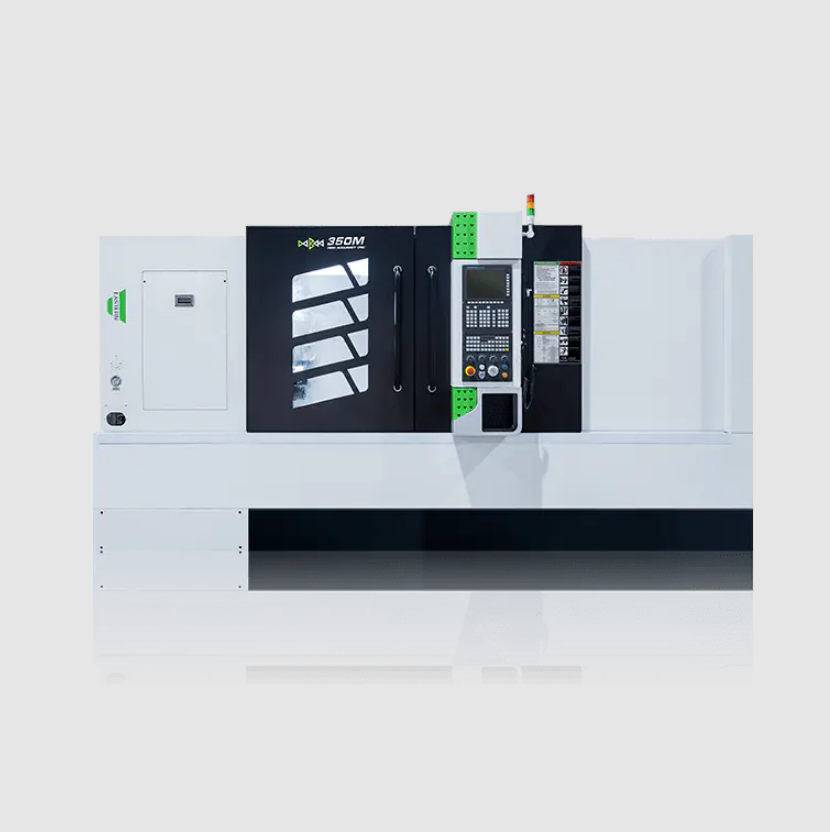An Overview of Precision Lathe Capabilities

A precision lathe is a turning machine designed to achieve controlled tolerances and reliable surface finishes. It is commonly used in industries that require accurate components, such as instrumentation, measurement devices, and small mechanical parts. The machine rotates the workpiece while guiding cutting tools with stable motion to meet detailed dimensional requirements.
Precision lathes typically feature carefully aligned beds, quality bearings, and stable spindles. These elements work together to maintain smooth rotation and controlled tool contact. The machine’s design focuses on minimizing vibration and preserving the accuracy of each cut, especially when handling small profiles or delicate materials.
Operators can adjust feeds, speeds, and tool positions to suit the characteristics of each workpiece. Many precision lathes support both manual and semi-automated functions, allowing users to maintain close control over the machining process. For small-scale production or prototyping, this balance provides flexibility and consistency.
Accessories such as steady rests, collets, and fine-adjustment tool posts help the operator handle intricate jobs. Some models integrate digital readouts to display real-time movement and assist with measurement tasks.
By offering controlled machining and stable handling, precision lathes are valued in workshops that work with detailed components. Their ability to deliver dependable accuracy makes them a practical choice for specialized machining tasks.
- AI
- Vitamins
- Health
- Admin/office jobs
- News
- Art
- Causes
- Crafts
- Dance
- Drinks
- Film
- Fitness
- Food
- الألعاب
- Gardening
- Health
- الرئيسية
- Literature
- Music
- Networking
- أخرى
- Party
- Religion
- Shopping
- Sports
- Theater
- Wellness


